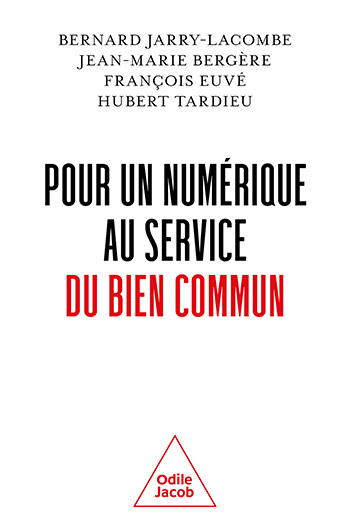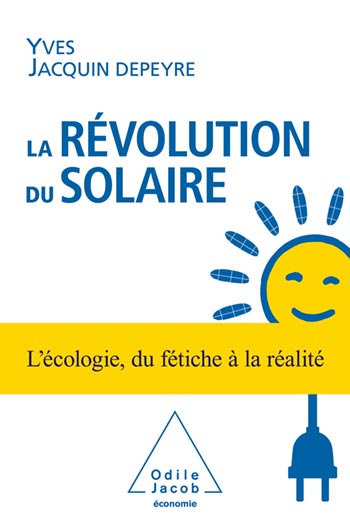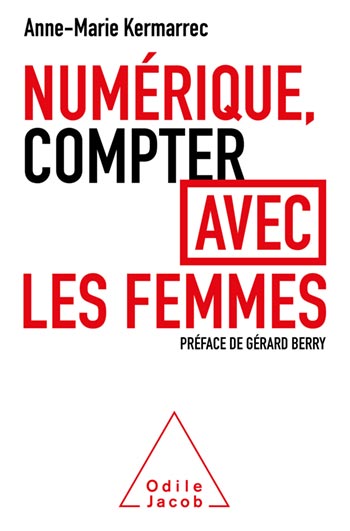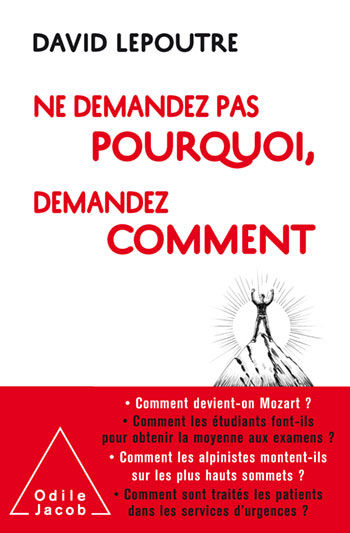Societal issues All books

Serge Abiteboul, Jean Cattan
We Are Social Media
There is another, more democratic and participative way to regulate social media and break away from GAFAM: social media is what we make it.

Bernard Jarry-Lacombe, Jean-Marie Bergère, François Euvé, Hubert Tardieu
The Digital Serving the Common Good
Beyond the technology alone, this book aims to question the ethical, societal and ultimately anthropological ramifications of the new tools of modernity...

Anne Muxel
The Other at a Distance When a Pandemic Affects Intimacy
A sociological analysis that looks in depth at the upheavals brought about by the pandemic that have affected the intimate side of our existence and our relationships with others.

Pierre-André deChalendar
For a City That Is Desirable Once Again Cities are our future: what can be done so they will ultimately be desirable again?
Should we leave cities? The subject is very timely, and this book, which argues that we shouldn’t, deals with it intelligently, and without being overly-technical, which is rather rare in the realm of urbanism.

Yves Jacquin Depeyre
The Solar Revolution
The author writes as a player on the field. His practical experience allows him to explain why the move toward solar energy will prove to be infinitely more beneficial than what has been expected.

Anne-Marie Kermarrec
Digital Technology, Counting with Women Preface by Gérard Berry
An incisive and informed assessment of the complicated relationships between women and the digital world, accompanied by strong measures and precise solutions to put an end to the sub-feminization of this still very macho sector.

Jacques Lévy
The Ethical Turning Point and the World Society
Serious, provocative, and sardonic all at the same time, this book denounces religions of all persuasions and invites everyone to assume responsibility.

David Lepoutre
Don’t Wonder Why Anymore, Wonder How A Guide for Simplifying Your Life
An original approach, far from the usual questioning that, too often, makes do with mono-causal explanations, which are necessarily over-simplified.
